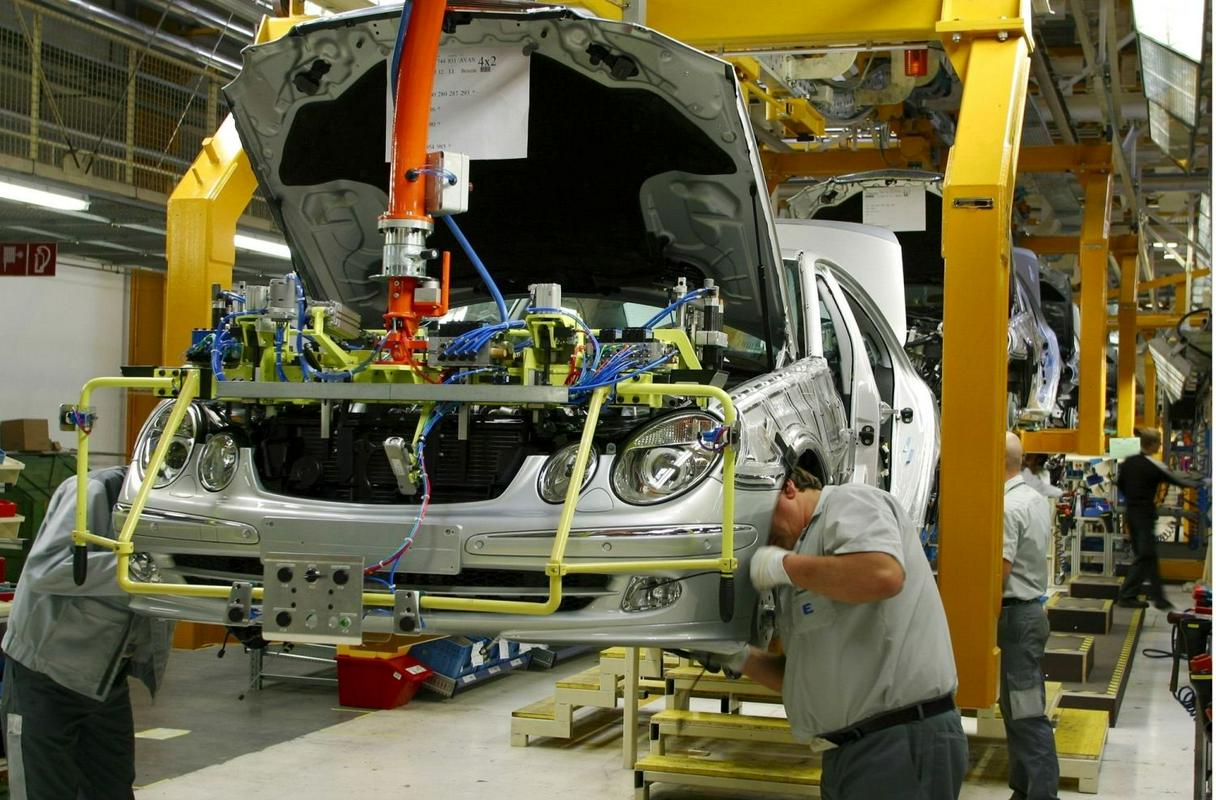
Several thousand new jobs could become available if Slovenia manages to attract high-tech companies to invest in marginalised regions. "We can't afford to lose investors for stupid reasons," warns Aleš Cantarutti.
"I'm not allowed to comment on this, but I can tell we're currently in talks with six potential investors for projects in Slovenia, all related to high technology – automobile industry, chemical and metal processing industry, robotic arms etc., but all of this is still unofficial," explained Aleš Cantarutti, state secretary at the Ministry of Economic Development and Technology, in reply to MMC's inquiry about the potential investments of Magna Steyr in Maribor, which would bring about 3,000 new jobs to the region.
Six companies that had expressed an interest in the so-called "greenfield" investments in Slovenia have been given an opportunity to communicate to the ministry what their needs would entail. At least two among these would require large plots of lands, one covering nearly 100 hectares, i.e. the size of the Hoče-Slivnica industrial estate that is being planned, and the others needing 30 hectares, elaborated Cantarutti but declined to confirm that the biggest potential investor was Magna Steyr. It may be difficult to carry out all six potential investments, but Cantarutti expects at least four of them to succeed.
Magna Steyr is part of Magna International. As a company of 6,000 people, it is one of the biggest suppliers in automobile industry. It manufactures chassis, seats, electronics, fuel systems and other car parts. The entire group has a turnover of more than 26 billion euros per year and employs 152,000 workers.
"Public administration and business spirit"
At the moment, there exist no sufficiently large industrial estate in Slovenia, which is why the government decided to invest 10 million euros into building one near Maribor, close to Hoče and Slivnica. Cantarutti pointed out that the land would first need to be repurposed before plots of land could be purchased. As for the remaining four smaller investors, who would open 100 to 200 new jobs, locations are being sought in other locations, added Cantarutti.
"The timeline has a fast tempo since we want to accommodate the investors. This is a big challenge for us, as public administration has had to show business spirit, like companies function on the market," argued Cantarutti but emphasized that where there's a will there's a way. "The legislation is not so bad, what's hard is how to implement what the law says," explained the ministerial secretary.
Migrant flow and Euroscepticism
Potential investors for projects in Slovenia are concerned about future migrant flow and its consequences for transport within the country as well as across its borders, such as the existing border patrol on the border with Austria. "It takes quite some energy to convince them that everything is fine, that the transport is running smoothly and that there are no hurdles for business operations," pointed out the secretary.
Another worrisome issue for investors is Euroscepticism among Slovenians and their opinion about Brexit. "They see this as a potential threat to their business, but luckily we can explain and prove to them that Slovenians are not Euro sceptics and that we are still part of the European story," also warned Cantarutti, referring to investors' fears about the loss of access to EU's single market. The reason why EU membership is so important to potential investors also lies in European funds for which companies can apply. According to state secretary, Slovenia must show its resolve in what to achieve and must then invest funds accordingly, which would send a strong message to investors.
Gorazd Kosmač, MMC; translated by K. Z.

































































